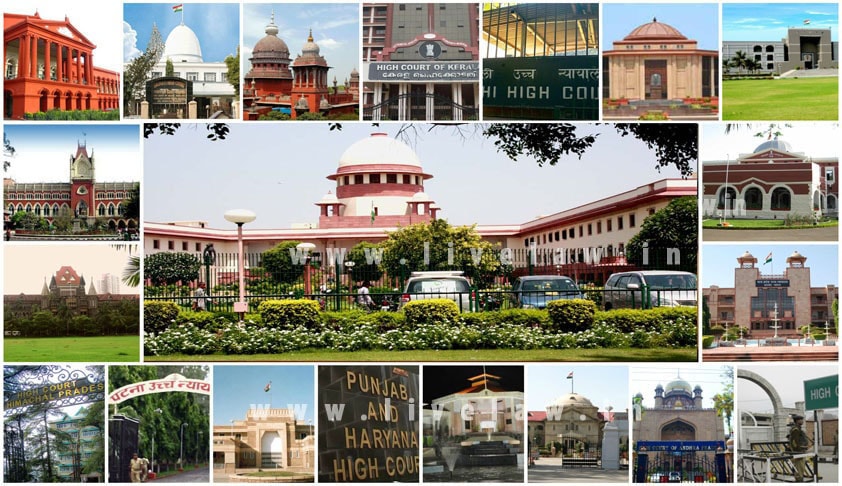- Home
- /
- News Updates
- /
- High Courts Weekly Round-Up
High Courts Weekly Round-Up
Ashok KM
11 Dec 2016 11:50 PM IST
Allahabad High CourtAllahabad High Court on Wednesday reportedly dismissed a petition challenging Prime Minister Narendra Modi’s election from the Varanasi Lok Sabha seat in 2014.The Allahabad High Court in a judgment [dated 5.11.2016] held that personal laws, of any community, cannot claim supremacy over the rights granted to the individuals by the Constitution.Bombay High CourtA...
Next Story



